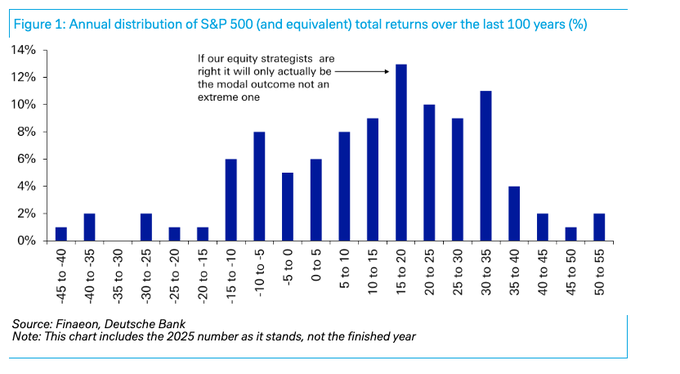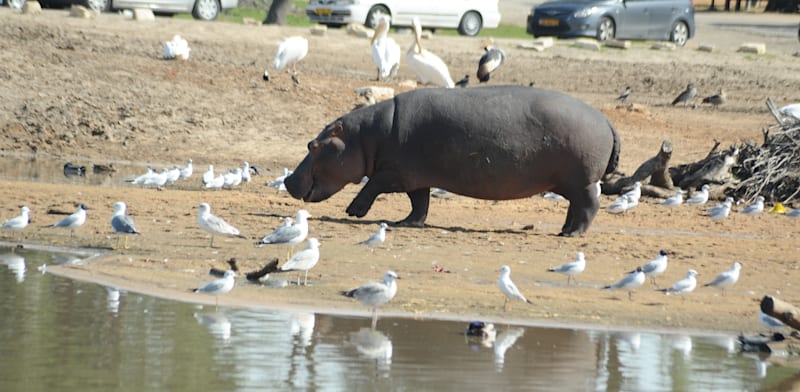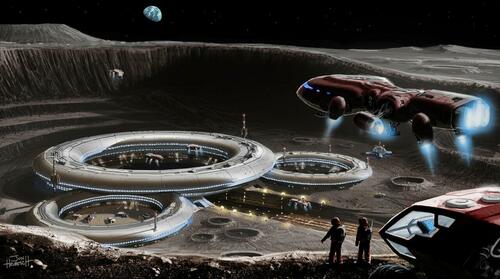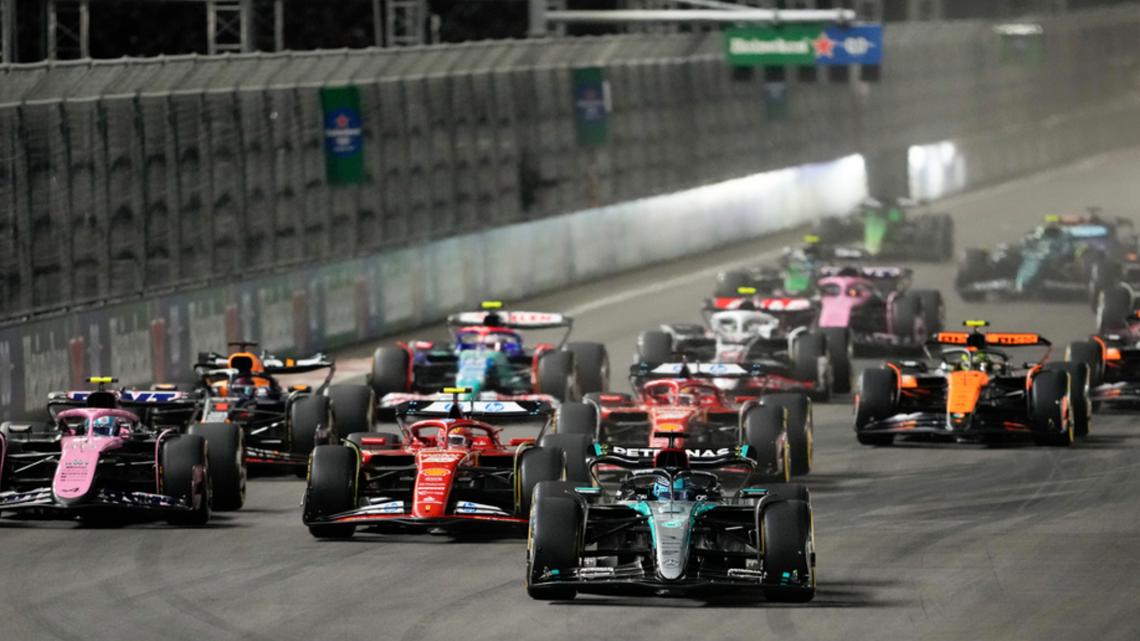By Ragini Saxena
India is set to become the first country to land a spacecraft near the moon’s south pole after Russia’s attempt at a lunar touch down in the same area ended in failure following an engine malfunction.
Chandrayaan-3 — India’s spacecraft that launched last month — is expected to land at 6:04 p.m. local time on Wednesday, after Russia’s Luna-25 crashed into the moon on Sunday. A rover, named Pragyan, or wisdom, will then analyze the chemical makeup of the moon’s surface and search for water over the course of one lunar day, which is equivalent to 14 days on Earth
Vikram, Chandrayaan-3’s lander, is trending on X, formally known as Twitter, as billionaire industrialists and Bollywood actors eagerly await the historic moment. Schools are urging students across the world’s most populous nation of 1.4 billion people to watch the live event and commemorate the landmark mission.
It will also mean that India will become the second country, along with China, to have an operating rover on the moon.
A successful touch down will lift India’s prestige in the global space race, after the country suffered a setback from a failed moon mission in 2019. Prime Minister Narendra Modi wants to bolster the country’s place among the world’s space faring nations and in June India signed the Artemis Accords, a US-backed initiative with more than two dozen other countries to govern joint missions and civilian space exploration.
The water ice present in the moon’s unchartered south pole has also piqued the interest of space voyaging countries, including the US and China. It could be a crucial drinking, breathing and rocket fuel resource to advance human space exploration deeper into the solar system.
The US space agency’s mission, Artemis III, plans to send the first humans to explore the area near the south pole in 2025. China is also seeking to build a research station near the region and place astronauts on the moon by 2030. Japan has an uncrewed mission planned for launch on Aug. 26.
India has other space efforts slated. It plans to demonstrate human spaceflight capability through its Gaganyaan mission, which will launch crew members into an orbit of 400 kilometers (249 miles) for three days before bringing them back safely to Earth.
India’s space agency and NASA have agreed to send an Indian astronaut to the International Space Station. The South Asian nation is also in discussions with Japan to work on a moon mission together.
Shares of Indian space-sector companies, such as PTC Industries Ltd., which supplied critical casing component used in the Chandryaan-3 rocket, Zen Technologies Ltd. and Centum Electronics Ltd. rose in Mumbai trading on Tuesday.
















